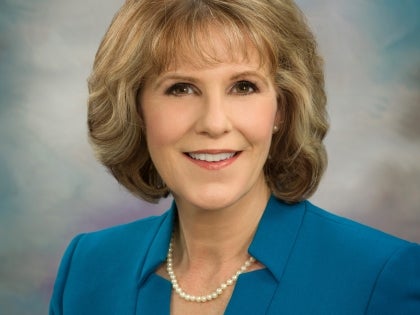
Senate Passes Constitutional Spending Cap to Protect Taxpayers
Catharine Young
March 13, 2008
Senate’s Plan Limits Spending and Taxes; Increases Accountability
Senator Cathy Young, along with her Senate Majority collegues have passed legislation to enact a constitutional spending cap that would prevent the Executive from submitting a Budget that increases spending by more than four percent over the previous year’s Budget and force both houses of the Legislature to live within reasonable spending limits.Under the Senate proposal, year-to-year State spending increases would be limited to 120 percent of the Consumer Price Index (CPI) or 4 percent, whichever is less. In any given year, fifty percent of tax revenue that exceeded the cap would be placed in a reserve fund and fifty percent would be returned to taxpayers in the form of direct tax rebates.
In addition, the amendment would force the Executive to resubmit a balanced Budget to address any shortfalls in revenue that occur after the submission of the Executive Budget, and make any necessary spending revisions to reflect the declining revenue.
In addition to the spending cap, the Senate has rejected nearly $1.7 billion in tax and fee increases recommended in the Executive Budget. The Assembly Majority’s has also proposed to increase the State’s Personal Income Tax (PIT) by $1.5 billion, which has been unilaterally rejected by Senator Bruno and his Majority colleagues, saving taxpayers at least $3.2 billion this year. In addition, the State’s Democrat-allied Working Families Party has called for rolling back $16 billion in tax cuts which would lead to an unprecedented assault on taxpayers to pay for additional reckless State spending.
The constitutional spending cap proposal would give the Executive the authority to exceed the cap in the event of a fiscal emergency or other extraordinary circumstances, however, the Comptroller would be required to independently certify the financial crisis.
According to a 2007 report by the National Conference of State Legislatures, thirty states have put in place statutory or constitutional tax or spending limits. New York continues to rank at or near the top in combined state and local tax burden, further illustrating the need to enact a spending cap.
Share this Article or Press Release
Newsroom
Go to NewsroomPassage Of The CVA is a Step Forward But Not The End Of The Journey
January 28, 2019
"The Case Against Public Campaign Financing" Op-Ed
January 16, 2019